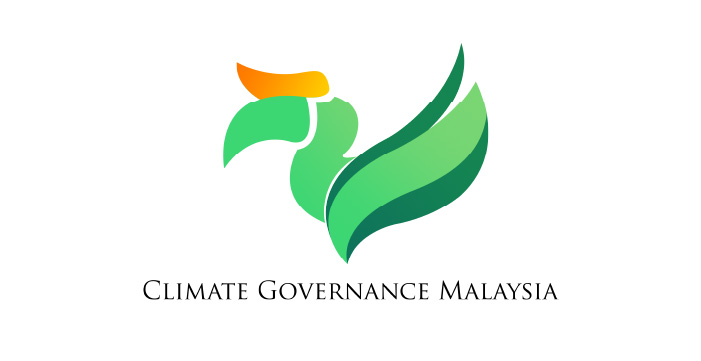
Host:
Climate Governance Malaysia in collaboration with ASEAN Climate Governance Network
Moderator:
Sunita Rajakumar, President & Chairperson, Climate Governance Malaysia
Keynote Speakers:
- YB Dato’ Sri Mustapa bin Mohamed, Minister in Prime Minister’s Department (Economy), Malaysia
- Assad W Razzouk, CEO of Gurin Energy and Board member of ClientEarth
- Alex Lim, Youth Leader, Roots and Shoots Malaysia
Panellists:
- Juliana Adam, CEO. Biji-biji, Malaysia
- Nguyen Thi Quynh Anh, Senior Manager, Advisory Services, Net Zero, PwC Vietnam
- TP Lim, President, Roots and Shoots, Malaysia
- Souksaveuy Keotiamchanh, Founder, Zero Waste Laos
Youth can be a force for sustainable development and a key agent for social change, economic growth and technological innovation when provided with the right opportunities.
Boards need to take care and be mindful of the psychology of young people as they are the current and future consumers and staff members of their company, as well as the future leaders of government, corporations or civic society organisations. The youth get information and data, and form their opinions about a brand, from digital platforms.
Businesses can incorporate youth into their own mission towards a greener future by providing them with the platform to nurture their disruptive ideas towards creating impacts. This will help to promote and grow the youth’s ideas and it could potentially be adapted as one of the innovative solutions for the company. This will not only help with talent acquisition and retention, but also help grow the company and make sure that it is aligned and create impacts towards ESG.
Climate change is a global issue or a macro issue. People think it needs to be addressed by world leaders or governments, but as individuals we can be part of the solutions through our daily actions both in work and in life. We should set the action as our behaviours, habits and lifestyle and we can make the change. Together we can make a difference in the net zero journey to create a cleaner and greener future. We can make decisions, for example to buy something that was made from sustainable resources, and we can vote in terms of what we choose to eat, wear and how we choose to travel. Those are the decision we make over and over multiple times a day and over a course of lifetimes. The world will change because of the way we vote in our lives.
Encourage people to take action and not overconsume. Everyone should start to engage with different stakeholders in their ecosystems because it is about collaboration, working with partners from other businesses or organisations so that you can amplify both your impact and could be the solution to another person’s problem and together you are able to make sustainable change.
Ambition to Action: Key actions for boards
Empowering young people is key to our goal of tackling climate change. Neglecting young people means neglecting a transformational opportunity to lay the foundation for a peaceful and sustainable future.
Youth must be encouraged to actively contribute to the current climate action framework and assist in building a greener future, as countries seek to achieve the respective nationally determined contributions (NDC targets). Corporations must harness the skills and experiences of the youth who are actively participating in laudable initiatives, such as volunteering with organizations and donating to environmental projects.
The younger generation must be given the financial capability to realize the ideas and solutions. Corporations must harness their creativity in developing green products and services. Governments, investors and businesses can support these youth-led climate change initiatives by providing grants debt financing, venture capital or in-kind support.
Young people must be given a seat at the table for climate-related decision-making to be inclusive and all-encompassing. It is important for governments, corporations and other stakeholders to support and encourage these future leaders to actively participate in the global fight against climate change.
This session summary was provided by the hosts.